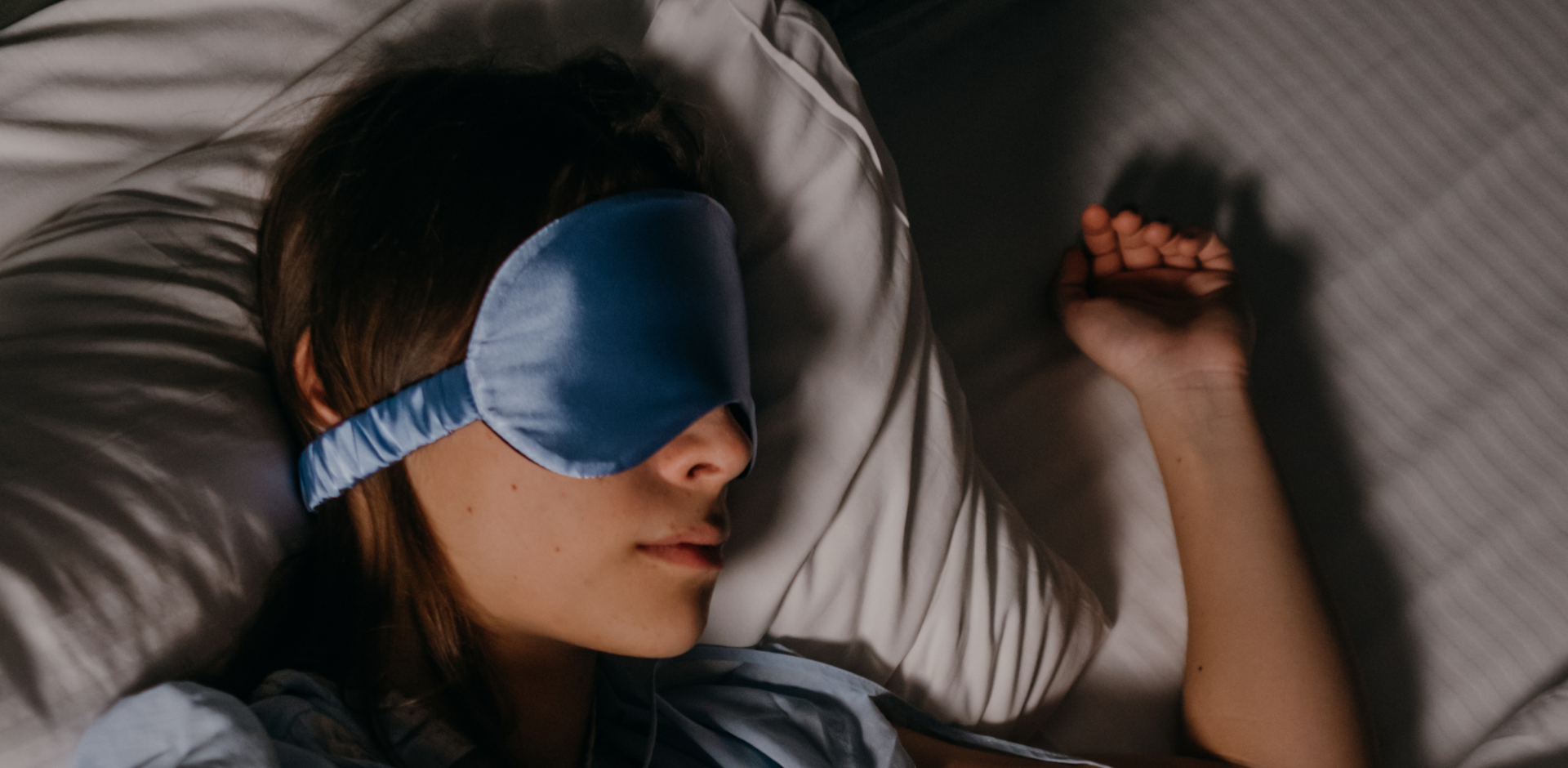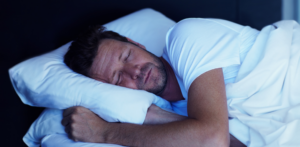As summer comes closer to an end and the school year begins, you might consider whether you’ve fallen out of your sleep routine, for you or your kids. Sleep is important to our overall health: mental and physical health. It’s especially important in the learning process.
Sleep not only is a time for our bodies to rest, but it’s also a time for our brains to process memories and retain new learned information. Mental, physical, social, and emotional development require quality sleep.
Early school start times, homework, extracurriculars, and social activities can make it hard to improve sleep quality for students of all ages. Not protecting sacred sleeping time can lead to consistently poor sleep quality and poor sleep correlates with poor school performance.
What is sleep hygiene?
- Sleep hygiene is a set of principles and practices that improve sleep quality. Much like regularly brushing your teeth and bathing improves general hygiene and keeps us healthy, sleep hygiene improves our health.
- Sleep hygiene combines routine and environment to help you, or your kids, get better sleep at night.
Prioritize Sleep
Everyone’s sleep needs are a little different, but there are some general guidelines to how many hours of sleep you should be getting based on your age.
- Kids 9-12 hours a night
- Teens 8-10 hours a night
- Adults 7-9 hours a night
A lot of sleep-based recommendations are based on what men need, whereas there is evidence that women, on average, need more sleep than men. Women are at higher risk of disrupted and poor-quality sleep due to a variety of factors which can increase their over-all sleep need.
The cost of losing sleep
Loss of sleep affects our emotional and physical health in a variety of ways. When we are tired, we can have trouble thinking and concentrating, mood swings, and experience short and long-term memory issues. Chronic sleep deprivation can contribute to anxiety and depression.
The physical effects of losing sleep include weakened immune system, higher blood pressure, weight gain, increased risk of diabetes and heart disease, and increased risk of accidents and injuries.
Because there are so many ways losing sleep can cause problems, prioritizing sleep is an important part of staying the healthiest version of yourself and raising healthy kids.
Things that can affect how well we sleep
- Caffeine
- Napping
- Not getting enough exercise and inactivity
- Overuse of electronics
- Stress
- Sleep disorders
- Mealtimes (try to finish your last meal of the day at least two hours before bedtime, but don’t go to bed hungry either)
- Alcohol and smoking

How to practice good sleep hygiene
- Establish and follow a consistent sleep schedule and bedtime routine.
- Limit bright lights and electronics at night, especially two hours before bed. The National Sleep Foundation has linked time spent using electronics to insomnia and depression in adolescents.
- Keep consistent bedtime and wake times, even on weekends and holidays.
- Create a good sleep environment.
Bedroom tips to improve sleep
Keep the bedroom dark: Try blackout curtains or sleeping masks to keep the outside light out.
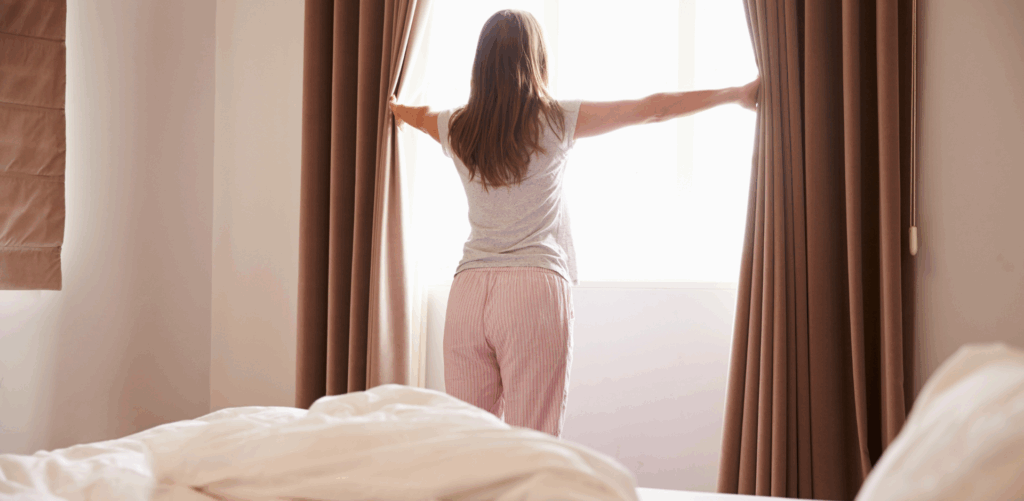

Set the temperature between 60 and 67 degrees for children and adults (65-70 for babies and toddlers).
Insulated black-out curtains pulled during the day can keep a room cooler if you have second floor bedrooms or don’t have air conditioning.
Remove distractions like LED clocks that you or your child might feel compelled to stare at while trying to fall asleep.
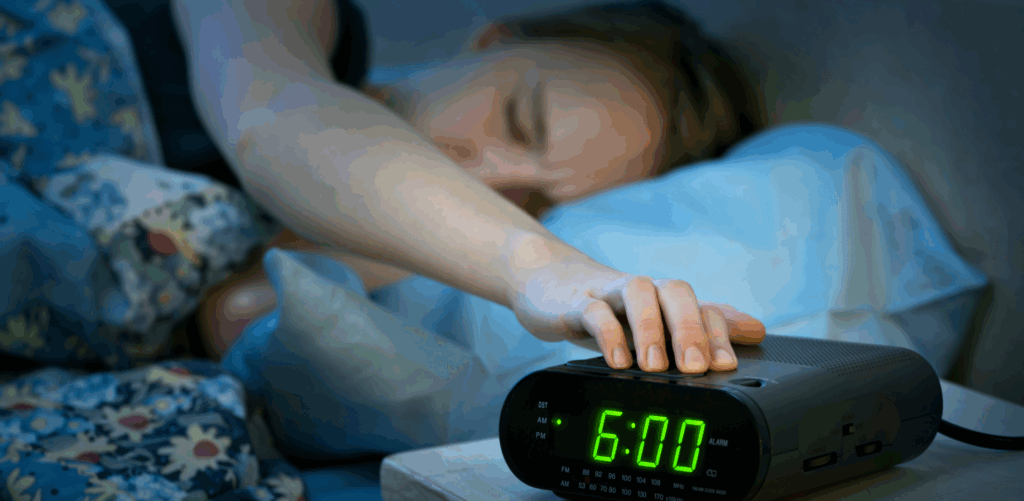
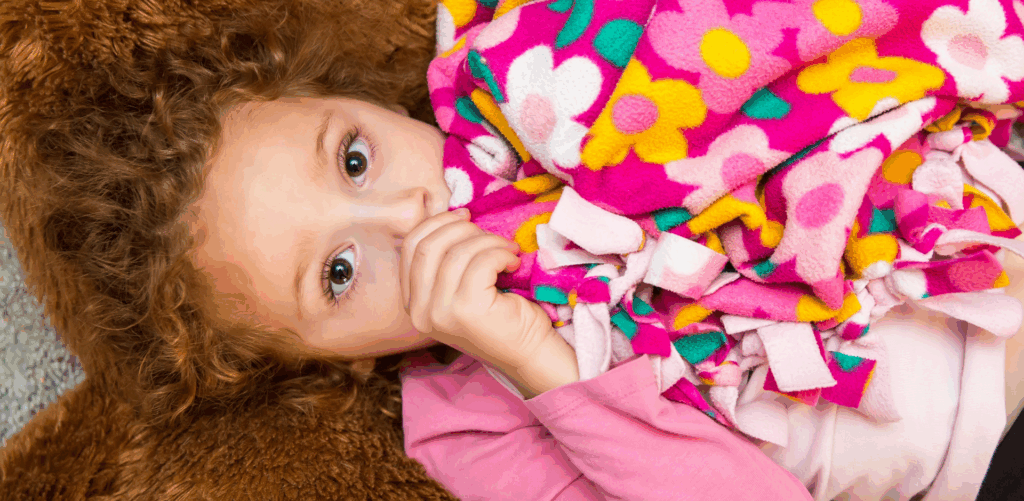
For younger children, a security object can help them transition to bedtime.
Only use the bed for sleep. Encourage kids to play or hang out somewhere other than their bed.
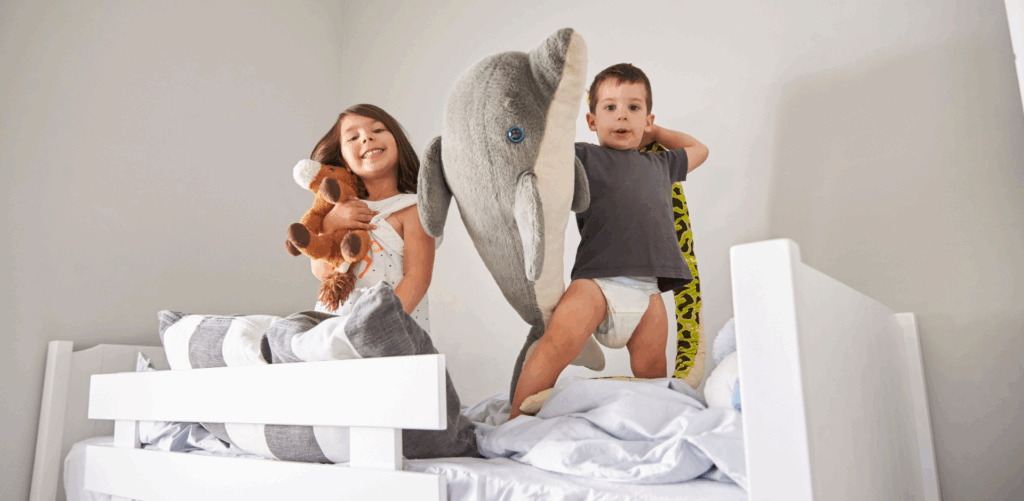
Need help getting better sleep?
Consider taking a class or attending a Group Medical Visit with the Sky Lakes Wellness Center.





